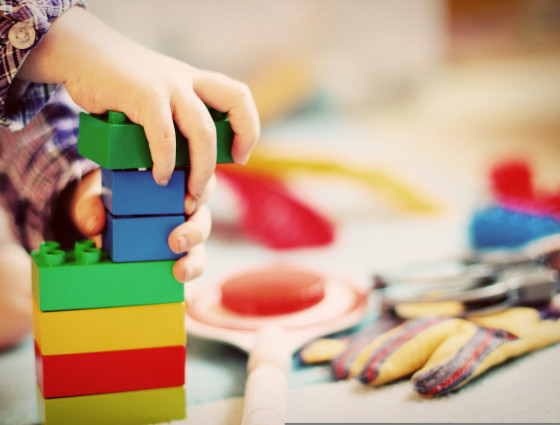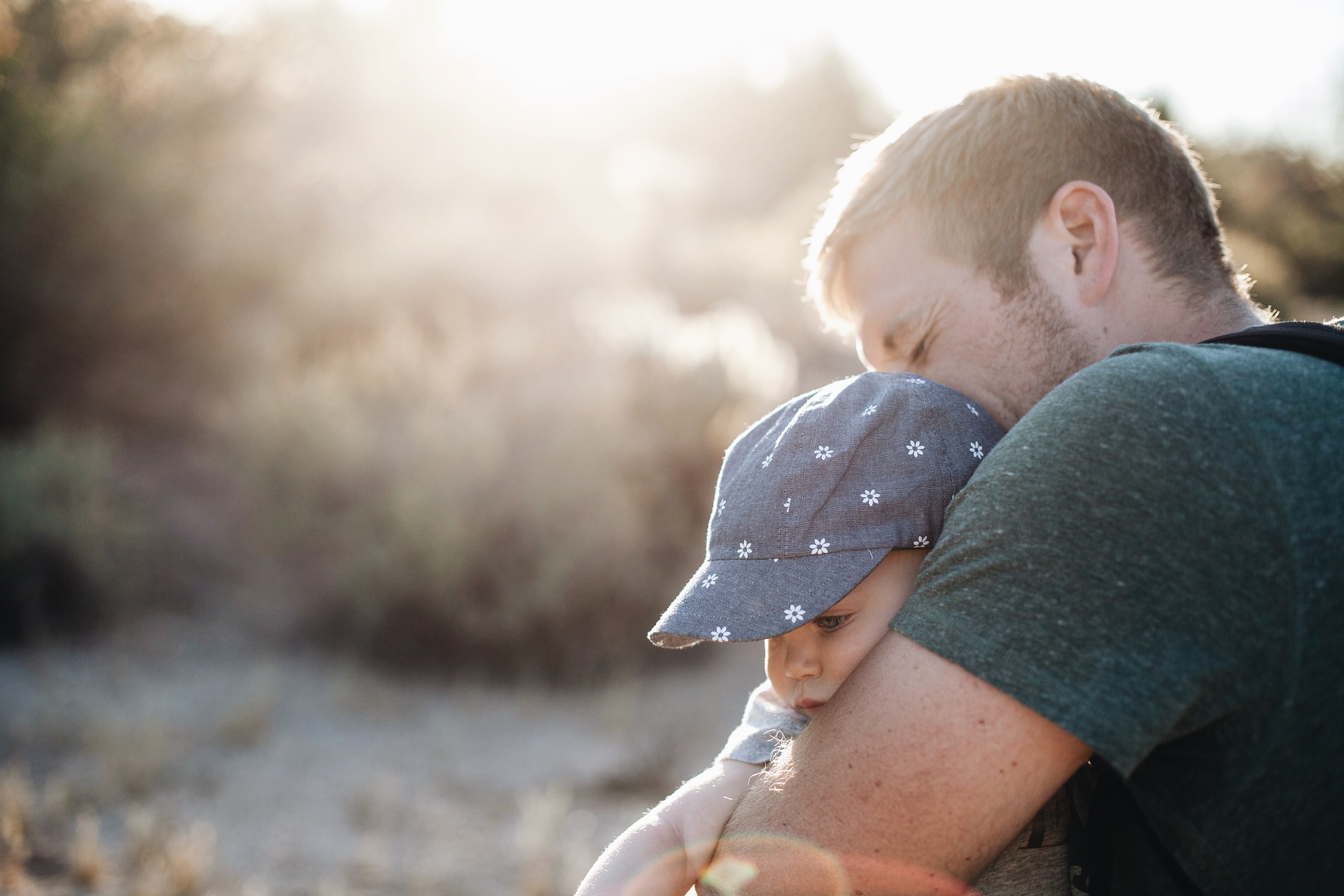The learning and development requirements of the EYFS defines clearly what early years providers must do working in partnership with parents and/or carers to promote the learning and development of all children in their care.
Helping parents to support and extend their child’s learning at home, including how to encourage a love of reading is therefore an important role of the early years setting.
Birth to five matters draws our attention to the importance of partnership working with parents Parents as partners – Birth To 5 Matters
More detailed information on effective parent partnership can be found in the document, Effective practice: parents as partners.
Child development is a complex subject so sharing your knowledge with parents in an appropriate way can support the learning experiences for the child. What to expect in the EYFS is a great document to share with all parents.
BBC Tiny happy people is a website written for parents to support babies early development and language learning. The website consists of written articles and videos offering advice and practical activities to support this learning journey.
The National literacy trust have developed a resource ‘Words for life’ which offers ideas and activities for parents supporting children’s learning in the home from birth to 12 years old.




 Facebook
Facebook X
X Email
Email WhatsApp
WhatsApp Messenger
Messenger